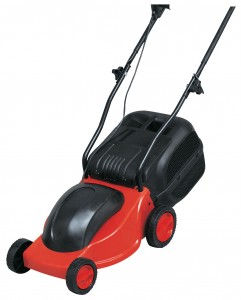
KEEP BLADES SHARP
Ed Mangan, head groundskeeper for the Atlanta Braves, says many homeowners do a lot to keep their yards healthy but don’t pay much attention to their equipment. He suggests keeping a spare blade around and having your lawnmower blade sharpened at least once a month. We also suggest oiling machinery often and taking all your lawn care tools in for a checkup at a local hardware store every other year or so.
FALL IS FOR FERTILIZING
George Toma has helped prepare for every Superbowl in recent history and says one of the biggest mistakes homeowners make is neglecting to fertilize in the fall, preferably early September. He advises against Spring fertilizations unless they’re one of many. We think it’s important to buy the right fertilizer for your yard, too, or even hire a regular lawn maintenance company to do your fertilization for you.
DON’T OVERWATER
One of the most common lawn ailments is overwatering. Be careful not to drown your yard and try to water early in the day so more of the water will actually soak into the soil rather than evaporate. If you have to leave a sprinkler on be sure to set it for just an hour or so.

Groundskeepers agree: mowing your yard less than once or twice a week is a recipe for shock. Aim to take off no more than an inch of grass at each mow – this means you’ll have to mow more often than normal particularly in warmer months when grass grows fast.
A FEW TIPS OF OUR OWN
Planning ahead is the best thing you can do for your yard. Work with a lawn maintenance company in your area to develop a fertilization schedule and have a plan in place for the change of the seasons. Spring is near which means more time outdoors and more garden pests, too, so decide now if you’ll use organic or chemical pesticides to keep them at bay.
If you’re unsure where to begin, head to a local nursery and talk to someone in the know. Most lawn maintenance companies offer a free evaluation, too, if you don’t know what state your yard is in.